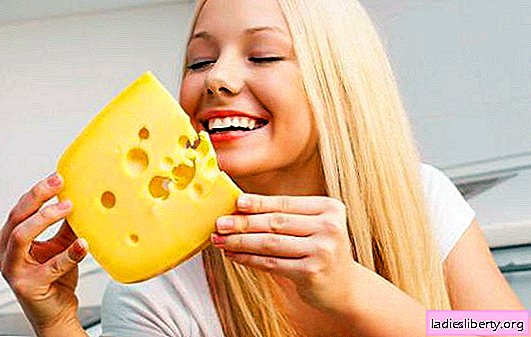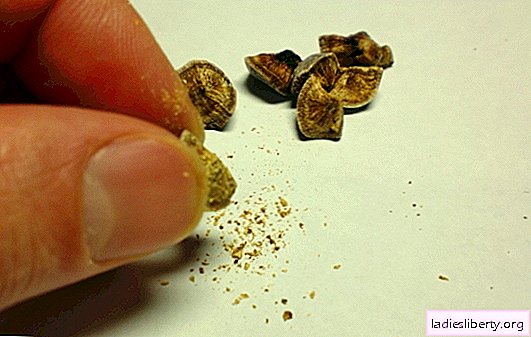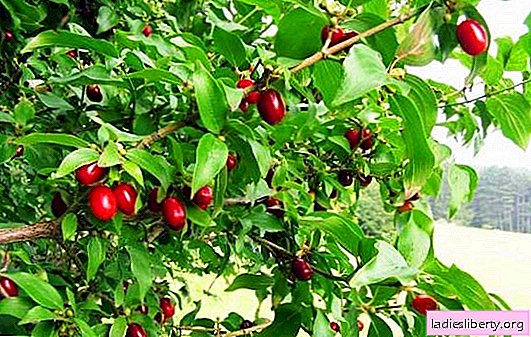
Appetizing nutritious cheeses are usually forbidden or severely restricted in diet programs for weight loss. However, according to the latest data from scientists, following certain principles of building a diet allows you to designate cheese as the center of the whole event. In just 7 days, a diet on cheese allows you to get rid of 4-6 kg of excess weight.
And at the same time, it is positively characterized by such effects:
- Cardiovascular support - due to the high calcium content (for example, 100 g of parmesan contains 116% of the daily norm).
- Normalization of the microflora of the gastrointestinal tract (its imbalance is the cause of appetite disorders and difficulty in slow digestion) - due to the saturation of lactobacilli.
- Continuous saturation - even the smallest piece of cheese, while without heaviness in the stomach and with an appetite for other healthy foods (for example, fruits).
The energy value of the food consumed per day should be about 1500 kcal, moreover, carbohydrates are reduced to a minimum, which stimulates the body to spend excess body fat on energy production.
And at the same time, due to the saturation of the diet with proteins, muscle mass is not burned.
Because of this, this weight loss technique can be compared with a keto diet, but cheese is incomparably shorter and, in fact, does not change metabolism on such a scale. This means that there will be no negative, like halitosis and impaired kidney function.
Exit from the diet is carried out in an equal time interval - for a week, during which, every day, you need to increase the proportion of carbohydrate products and reduce proteins, gradually return to the usual and previously forbidden (starting from the first half of the day).
Contraindications
And once again, it is worth noting the list of contraindications to the cheese diet:
- pregnancy and lactation;
- peptic ulcer of the stomach or duodenum;
- pancreatitis
- chronic constipation;
- kidney pathology;
- severe atherosclerosis;
- hypertension.
The main product of the diet, that is, cheese, is recommended to choose varieties with a minimum fat content. But the rule is not strict. The main thing is that the cheese is natural, high quality.
It is recommended to pay attention, in particular, to the following varieties of the product:
- Ricotta
- Mozzarella;
- Adyghe;
- Chechil;
- Groitzer;
- Camembert;
- Suluguni;
- Tilsiter;
- Dor Blue;
- Feta;
- Swiss;
- Brynza
- Cheddar.
But tofu with this diet is not needed at all, since it is a purely soy product.
Cheeses can account for up to 50-70% of the daily energy value, that is, cheese can be eaten about 200-250 grams per day.
Of great importance in this diet is given to the drinking regime - it is supposed to consume 2-2.5 liters of fluid per day.
It can be pure non-carbonated water, green tea. In the morning, you can drink 2-3 cups of black coffee (without milk, sugar).
Since cheese itself is a fairly salty product, pure salt is prohibited.
And it is also advisable to abandon all kinds of spices (except cinnamon, nutmeg), spices. Sugar is completely excluded, as well as all its dietary alternatives - honey, dried fruits, chocolate. Also, the menu cannot contain:
- any flour products, including pasta, rye / whole grain bread, toast;
- sweet fruits - bananas, grapes, figs, persimmons, mangoes;
- starchy vegetables - potatoes, corn, beets;
- mushrooms;
- cereals;
- milk, cream;
- ice cream;
- butter;
- vegetable oil;
- pork and lamb;
- sausages, smoked and salted fish.
That is, in fact, in addition to cheese, the diet is very dietary in the classical sense of the term.
AND It must include:
- lean meat of chicken, turkey (without skin);
- eggs
- cottage cheese, kefir, varenets, fermented baked milk, natural yogurt - all of the minimum fat content;
- fresh fruits (especially apples, citrus fruits, kiwi);
- fresh sour berries;
- garden greens (dill, parsley, cilantro, leafy salads);
- zucchini, pumpkin, green peas, cauliflower and broccoli.
You can’t have a bite to eat, the only exception is a glass of sour milk 2 hours before bedtime, but dinner itself should be from the time you go to bed no earlier than 3 hours.
In the recommended methods of cooking, steaming is preferable than in water, and for meat - steaming or baking is one of two acceptable options.
By the way, baking is getting better in foil - for juiciness and preservation of vitamins.
Vegetables can be stewed, but not less than 50% of their consumed volume, as well as fruits, must be ingested raw - fiber will ensure the rapid passage of food through the digestive tract and will help cleanse the body of toxins and toxins.
First day
- Breakfast - protein omelet, cottage cheese with berries.
- Lunch - chicken dumplings, cheese plate with fruits.
- Dinner - salad of cucumbers, tomatoes and feta cheese with dressing from yogurt.
Second day
- Breakfast - cauliflower souffle with cheese, baked peaches with cinnamon.
- Lunch - soup with green beans, cheese cutting.
- Dinner - baked beef in aromatic herbs, ricotta with baked pear.
The third day
- Breakfast - boiled egg, kefir.
- Lunch - chicken baked with oranges, a salad of apples and cheese.
- Dinner - a cheese plate with fruit.
Fourth day
- Breakfast - scrambled eggs stuffed with vegetables and cheese, cottage cheese with berries.
- Lunch - mashed zucchini soup, a salad of tomatoes, cucumbers and radishes with yogurt dressing.
- Dinner - baked tomatoes stuffed with cheese and herbs, berries.
Fifth day
- Breakfast - a cheese plate with fruit.
- Lunch - okroshka on kefir with feta cheese, grilled zucchini.
- Dinner - soufflé of pumpkin, turkey baked with cauliflower and cheese.
Sixth day
- Breakfast - kefir with baked peaches.
- Lunch - mashed celery soup with cheese, baked apples with cinnamon.
- Dinner - steamed asparagus, cheese plate with berries.
Seventh day
- Breakfast - cottage cheese casserole with pear and cinnamon.
- Lunch - green cabbage soup with boiled egg, a cheese plate with fruit.
- Dinner - steamed chicken, a salad of cucumbers, tomatoes and cheese with yogurt.











